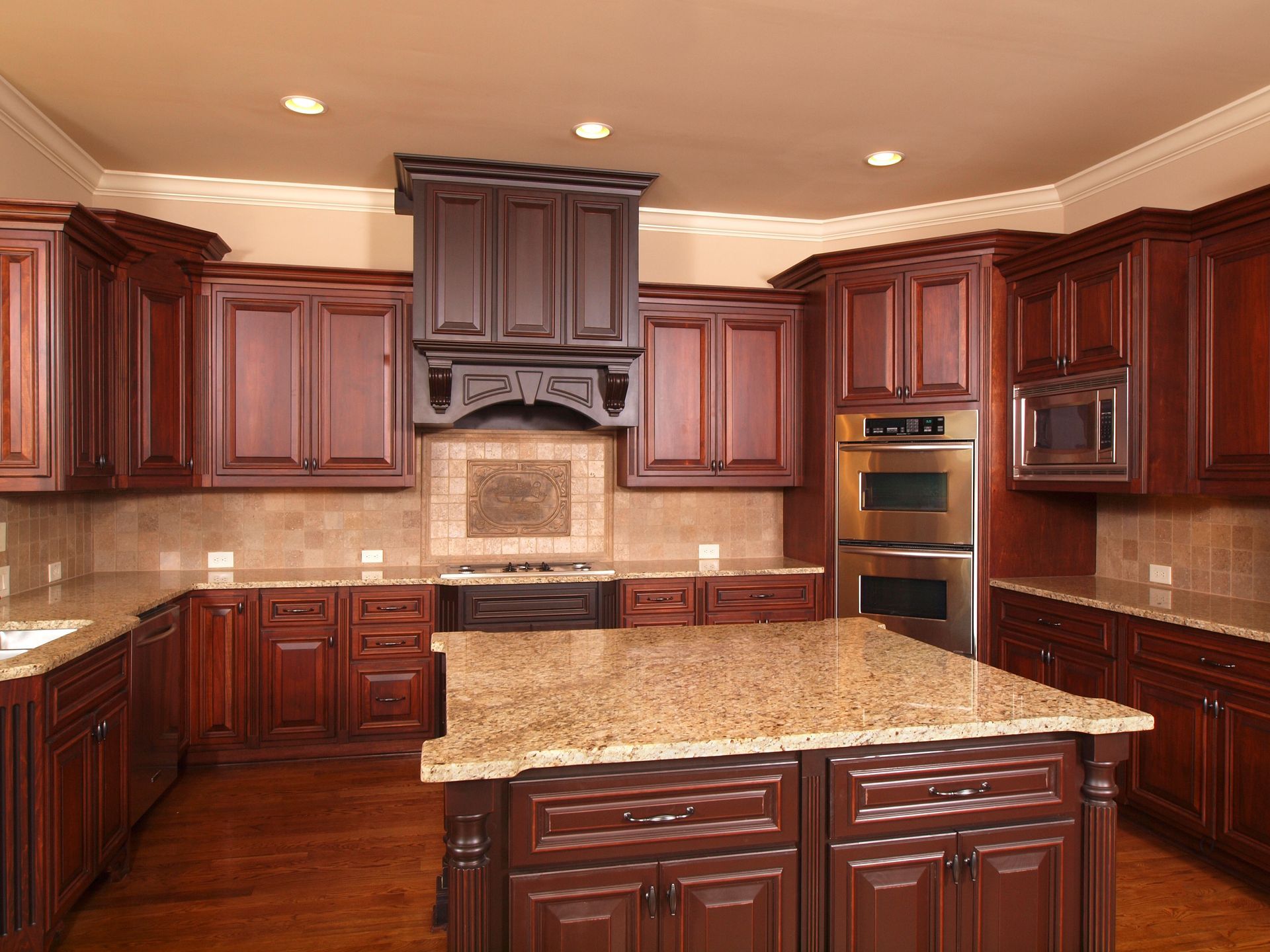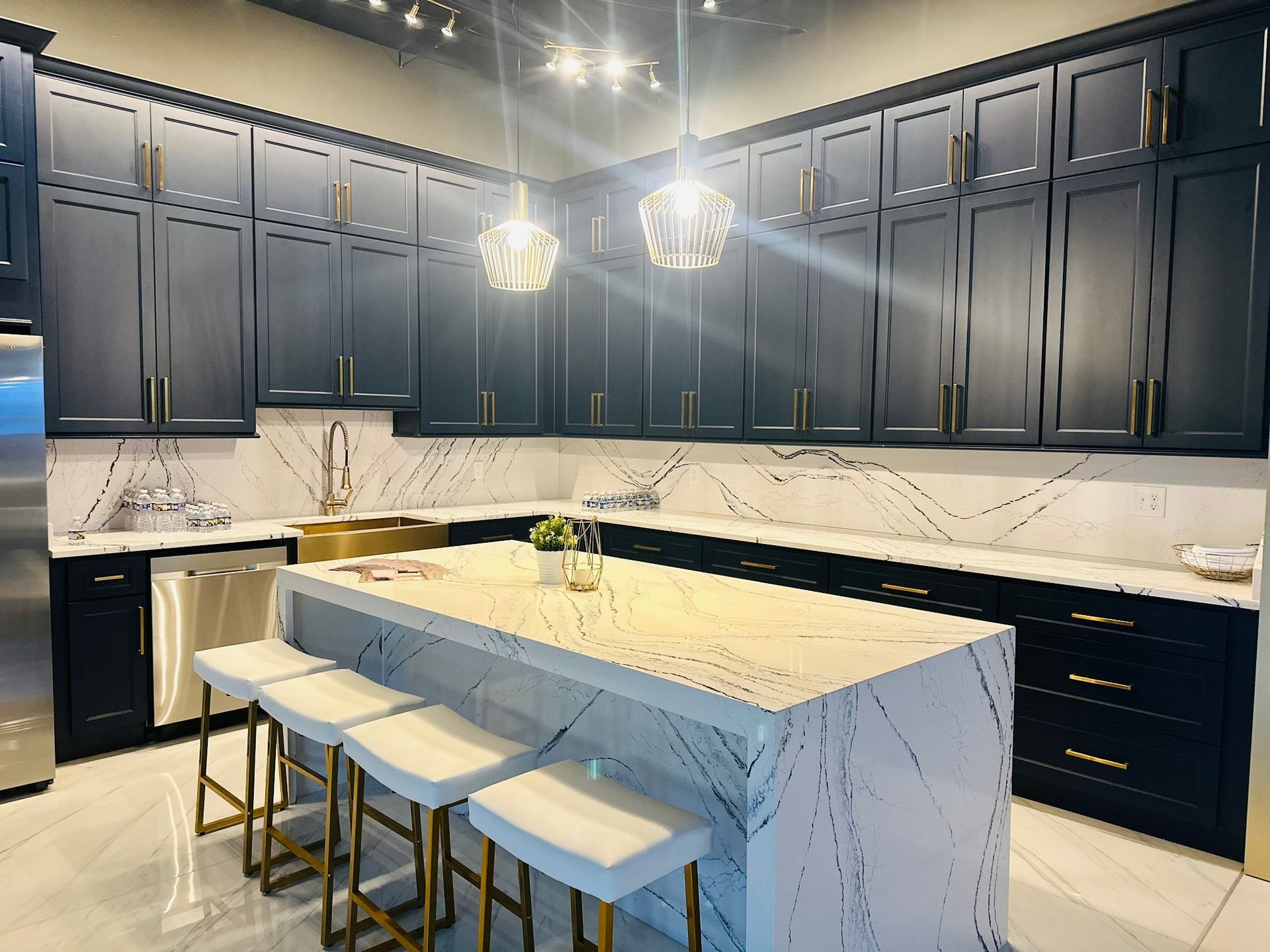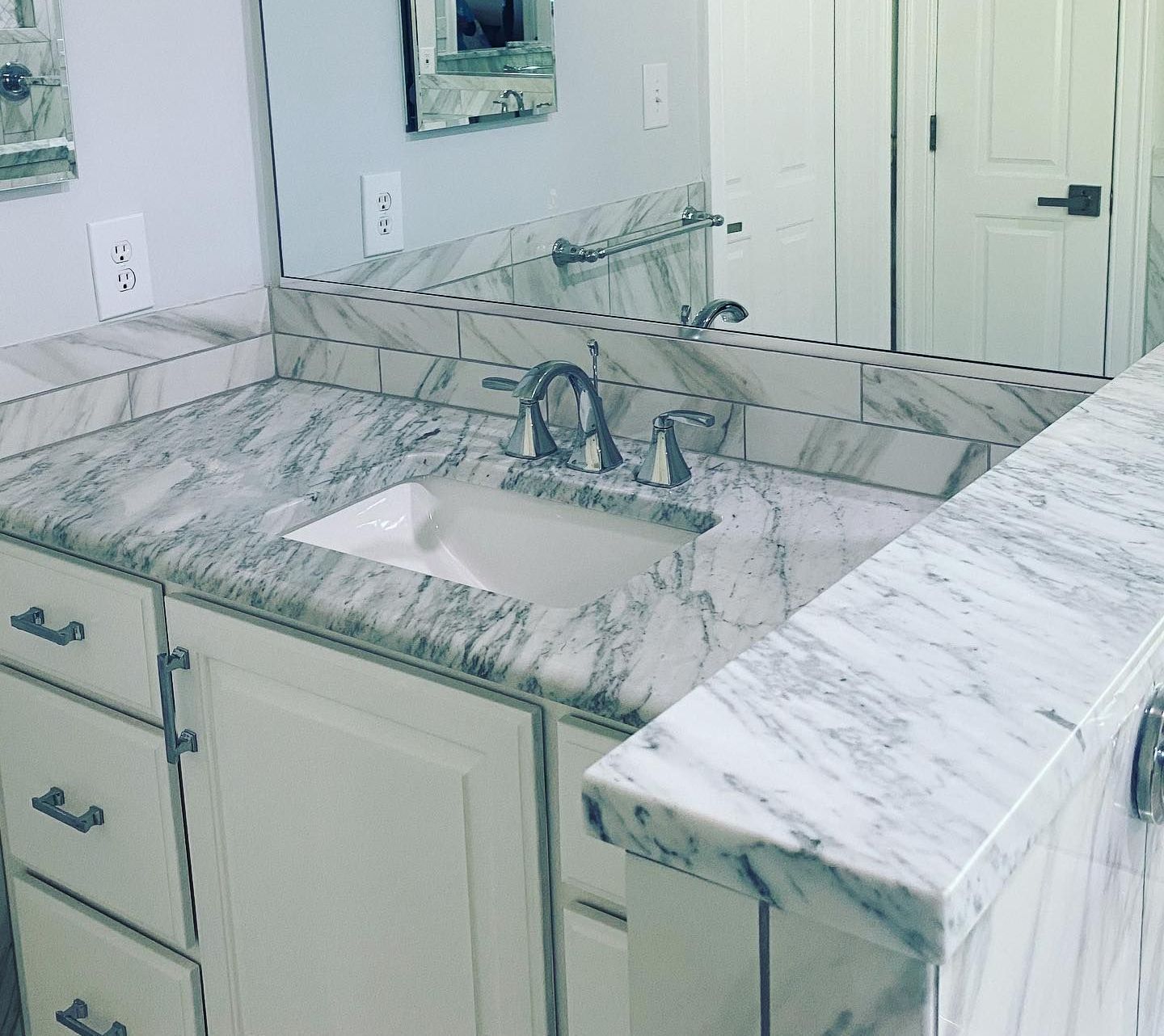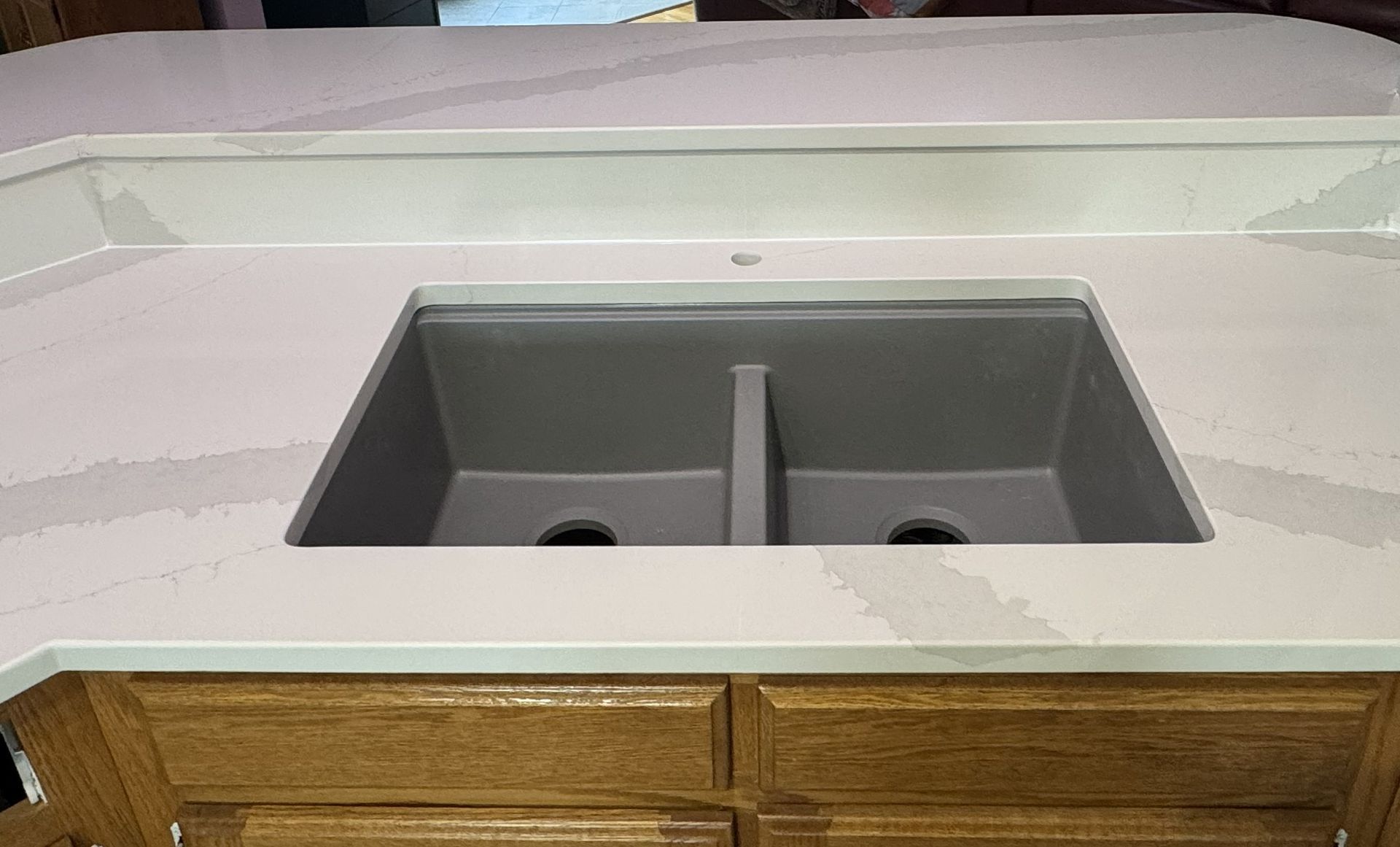Understanding Granite Countertop's Enduring Popularity
Granite countertops have long been a staple in kitchens and bathrooms, admired for their timeless beauty, strength, and functionality. Homeowners and designers alike value granite for its ability to blend style with practicality, creating surfaces that are as durable as they are visually striking. Beyond mere aesthetics, granite brings a sense of permanence and sophistication to any space, elevating the overall design while standing up to the demands of everyday life. Its natural patterns and colors offer endless possibilities for customization, allowing each countertop to serve as a unique focal point that reflects the homeowner's taste and personality. In addition to its visual appeal, granite's durability makes it a highly practical choice for busy households. Resistant to scratches, heat, and moisture when properly maintained, it withstands the rigors of daily kitchen tasks while maintaining its elegance over time.
The Timeless Appeal of Granite
Granite's popularity is deeply rooted in both its aesthetic charm and practical benefits. Each slab of granite is unique, boasting natural variations in color, veining, and pattern, which ensures that no two countertops are exactly alike. This individuality allows homeowners to infuse a personal touch into their kitchen or bathroom design, making granite a versatile choice that complements a wide range of styles, from classic to contemporary.
Beyond its beauty, granite is exceptionally durable. Resistant to scratches, heat, and stains when properly sealed, it is ideal for high-traffic areas such as kitchens. Granite's hard-wearing nature means that it can withstand years of daily use without losing its appeal. This combination of aesthetic versatility and lasting durability contributes to granite's enduring popularity, making it a practical investment for homeowners seeking both style and functionality.
Furthermore, granite has a rich geological history that adds to its allure. According to the North Carolina Museum of Natural Sciences, granite in the Appalachian region formed approximately 300 million years ago. This ancient origin not only underscores granite's longevity as a natural material but also gives it a connection to the earth's deep history, lending a sense of permanence and natural beauty to any space it adorns.
The Right Granite Selection for Your Home
Choosing the perfect granite countertop involves more than simply picking a color or pattern. Homeowners should consider factors such as the slab's durability, maintenance requirements, and how it complements the overall design of their space. When selecting granite, it's helpful to visit a reputable supplier and view a variety of slabs in person. Lighting, room size, and adjacent materials all influence how the final installation will look, so seeing the granite in context is essential.
In addition to color and pattern, thickness and edge profile play a crucial role in a countertop's aesthetic and function. Thicker slabs can convey a sense of luxury and robustness, while various edge profiles — from simple straight cuts to intricate ogee designs — add character and elegance. The right combination of these elements ensures that your granite surface not only meets functional needs but also enhances the visual harmony of your kitchen or bathroom.
Maintaining granite's beauty also requires proper care. Regular sealing protects the surface from stains and moisture, while gentle cleaning with non-abrasive products prevents damage. By investing time in maintenance, homeowners can enjoy a long-lasting, visually stunning countertop that retains its value over decades. Integrating these considerations helps ensure that granite continues to serve as a reliable and attractive feature in the home.
Innovations in Granite Design and Technology
Advancements in design and technology have expanded the possibilities for granite countertops, making them more adaptable and appealing than ever. Modern fabrication techniques allow for precise cuts, seamless edges, and customized inlays, enabling designers to create unique surfaces tailored to individual preferences. These innovations ensure that granite remains relevant in contemporary interior design while maintaining its traditional charm.
Another significant development is the wide range of finishes now available. Polished granite offers a glossy, reflective surface that highlights natural patterns, while honed finishes provide a softer, matte appearance suitable for more subtle, understated designs. Textured finishes, such as leathered or brushed surfaces, add depth and tactile interest, giving homeowners more creative control over their space.
Granite remains a popular choice due to its durability and timeless appeal. Its long lifespan means it rarely needs replacement, making it a practical and low-maintenance option for kitchens and bathrooms. With a wide variety of colors and patterns available, homeowners can find a style that perfectly complements their space.
Incorporating a countertop company into design considerations is increasingly common, especially when homeowners seek integrated solutions that blend aesthetics with functionality. For example, a countertop company can refer to specialized treatments, installation methods, or complementary products that enhance granite's performance and visual appeal. By leveraging a countertop company, homeowners can customize their granite countertops to meet both design and practical objectives, reinforcing the material's versatility.
The Enduring Value of Granite in Home Design
Granite countertops represent a long-term investment that combines beauty, durability, and timeless appeal. Their unique patterns and natural variations ensure that every installation is distinct, while their robustness allows them to endure daily use without significant wear. Integrating features like a countertop company and modern design innovations further enhances the material's functionality and visual impact.
Beyond aesthetics and durability, granite carries a sense of heritage and natural wonder. Knowing that the stone formed hundreds of millions of years ago in regions such as the Appalachian Mountains provides a fascinating connection to the natural world. This deep-rooted history enriches the homeowner's experience, transforming a functional surface into a conversation piece and a source of pride.
Homeowners also benefit from granite's resale value. Well-maintained granite countertops can significantly boost a home's appeal to potential buyers, making them a smart choice for both immediate enjoyment and long-term financial return. The combination of practical performance, aesthetic versatility, and historical significance makes granite a material that continues to captivate designers, homeowners, and builders alike.
By incorporating a countertop company thoughtfully into their countertop choices, homeowners can further elevate their space. Whether through specialized finishes, innovative edge profiles, integrated accessories, or complementary design elements, a countertop company enhances both functionality and design coherence, ensuring that the granite installation meets modern lifestyle demands while retaining its timeless charm. This approach allows for personalized customization, harmonizing aesthetics with practicality and creating a truly unique and enduring feature in any kitchen or bathroom.
Granite countertops have remained a top choice for homeowners for good reason. Their natural beauty, unmatched durability, and adaptability make them ideal for a wide range of design styles. From the ancient geological origins of granite in the Appalachian region, which date back roughly 300 million years, to the modern innovations that allow for personalized finishes and designs, granite offers a unique blend of history, functionality, and aesthetics.
Integrating elements like a countertop company enhances both the performance and appeal of granite countertops, providing practical benefits without sacrificing style. With proper selection, installation, and maintenance, granite surfaces offer long-term value and timeless appeal, making them an enduring feature in kitchens and bathrooms alike. As homeowners continue to seek surfaces that are both beautiful and functional, granite, enriched by its natural history and enhanced by modern innovations, is poised to remain a cornerstone of home design for generations to come. If you're looking for a countertop company, contact the experts at MGL Granite Inc today!






Share On: